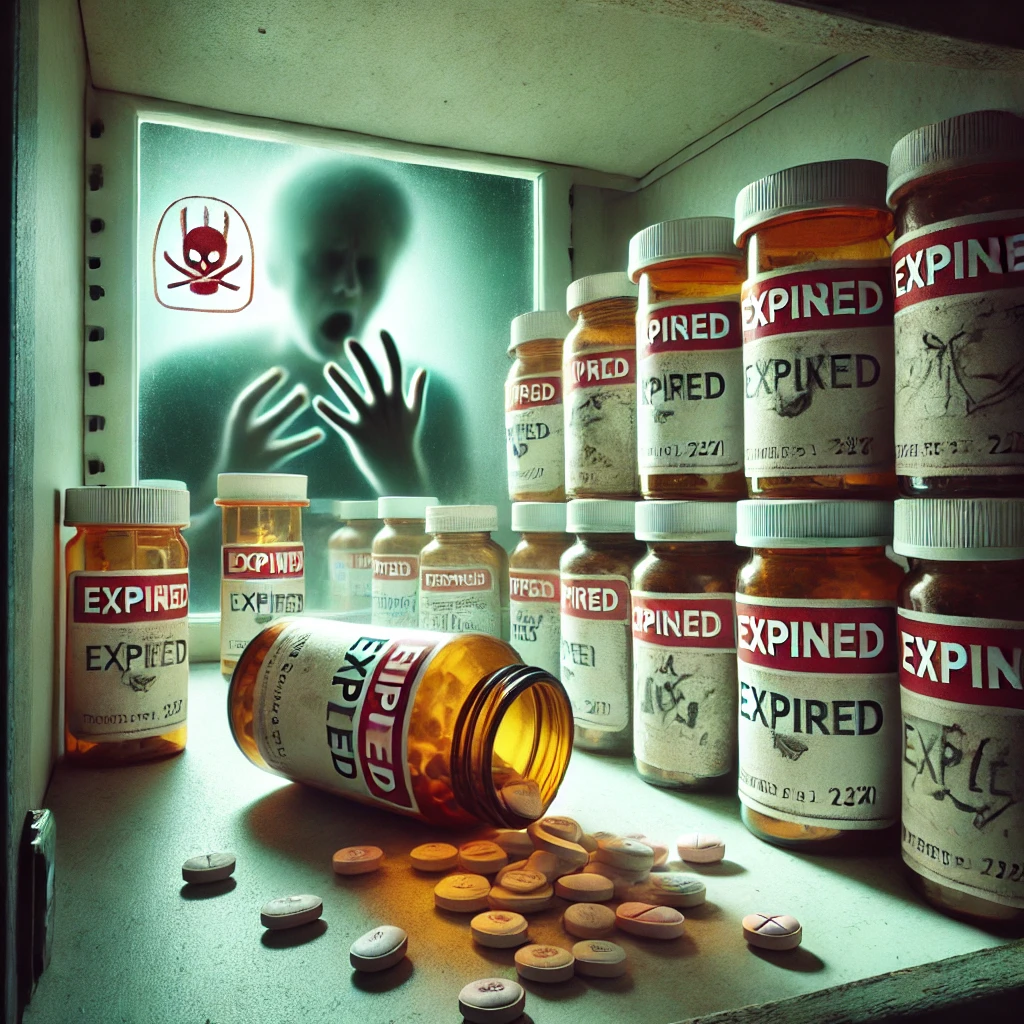Study in Australia: University of Queensland Graduate School Scholarships
The University of Queensland Graduate School Scholarships (UQGSS) are prestigious awards designed to support both domestic and international students undertaking research-focused postgraduate degrees at the University of Queensland (UQ), Australia. These scholarships are available for candidates pursuing a Doctor of Philosophy (PhD) or a Master of Philosophy (MPhil).
Scholarship Benefits:
Full Tuition Coverage: The scholarship covers all tuition fees for the duration of the program.
Living Stipend: Recipients receive a tax-free living allowance of AUD 36,400 per annum (2025 rate), indexed annually.
Health Insurance: For international students, the scholarship includes Single Overseas Student Health Cover (OSHC).
Duration:
PhD Candidates: The scholarship is awarded for 3.5 years, with the possibility of a 6-month extension in line with UQ and RTP Scholarship Policy.
MPhil Candidates: The scholarship is typically awarded for 1.5 years, with the possibility of a 6-month extension.
Eligibility Criteria:
To be eligible for the UQGSS, applicants must:
Nomination: Be nominated by an enrolling school or institute at UQ.
Admission Requirements: Meet all conditions for admission to the higher degree by research program.
Scholarship Limitations: Not hold another scholarship or living allowance that provides a benefit greater than 75% of the RTP Scholarship living allowance rate.
Application Process:
Find a Supervisor: Identify and contact a potential supervisor with relevant expertise and obtain their agreement to support your research project.
Prepare Documentation: Gather all necessary documents, including academic transcripts, CV, and a research proposal.
Submit Application: Apply online through the UQ application portal. In the 'Scholarship and Collaborative Study' section, select the option indicating your wish to be considered for a UQ scholarship covering living allowance stipend and tuition fee expenses.
Application Deadlines:
Applications Open: Monday, 31 March 2025.
Application Deadline: Sunday, 18 May 2025.
Selection Criteria:
Applications are assessed based on:
Academic Performance: Excellence in previous studies.
Research Capability: Demonstrated potential for research through prior experience.
Quality of Research Project: Significance and feasibility of the proposed research.
Research Environment: Availability of resources and quality of the proposed supervisory team.
Additional Information:
Multiple Rounds: UQGSS applications are considered in multiple rounds throughout the year. Applicants are encouraged to apply as early as possible after applications open.
Notification of Outcome: Applicants will be informed of the outcome approximately 12 weeks after the application deadline.
For detailed information and to apply, please visit the official UQ Graduate School Scholarships page.
https://scholarships.uq.edu.au/scholarship/graduate-school-scholarships-uqgss-%E2%80%93-includes-rtp
Prospective applicants are encouraged to begin preparations early, ensuring all components, including securing a supervisor and gathering required documents, are completed well before the application deadline.
Inquiry Form
https://docs.google.com/forms/d/e/1FAIpQLSdk9fEzdl-l0rr_CcVmKpGHsl-FuyD1Sh794Wwhwr3kqngaPg/viewform
Contact us @
http://wa.me/79258726743
Embarking on an educational journey oversea is a transformative experience. We are here to support you every step of the way.
Sources:
https://scholarships.uq.edu.au/scholarship/uq-graduate-school-scholarship-tuition-uqgss-t?utm
#Kaysogy #NoIELTS #ScholarshipsStudy in Australia: University of Queensland Graduate School Scholarships
The University of Queensland Graduate School Scholarships (UQGSS) are prestigious awards designed to support both domestic and international students undertaking research-focused postgraduate degrees at the University of Queensland (UQ), Australia. These scholarships are available for candidates pursuing a Doctor of Philosophy (PhD) or a Master of Philosophy (MPhil).
Scholarship Benefits:
Full Tuition Coverage: The scholarship covers all tuition fees for the duration of the program.
Living Stipend: Recipients receive a tax-free living allowance of AUD 36,400 per annum (2025 rate), indexed annually.
Health Insurance: For international students, the scholarship includes Single Overseas Student Health Cover (OSHC).
Duration:
PhD Candidates: The scholarship is awarded for 3.5 years, with the possibility of a 6-month extension in line with UQ and RTP Scholarship Policy.
MPhil Candidates: The scholarship is typically awarded for 1.5 years, with the possibility of a 6-month extension.
Eligibility Criteria:
To be eligible for the UQGSS, applicants must:
Nomination: Be nominated by an enrolling school or institute at UQ.
Admission Requirements: Meet all conditions for admission to the higher degree by research program.
Scholarship Limitations: Not hold another scholarship or living allowance that provides a benefit greater than 75% of the RTP Scholarship living allowance rate.
Application Process:
Find a Supervisor: Identify and contact a potential supervisor with relevant expertise and obtain their agreement to support your research project.
Prepare Documentation: Gather all necessary documents, including academic transcripts, CV, and a research proposal.
Submit Application: Apply online through the UQ application portal. In the 'Scholarship and Collaborative Study' section, select the option indicating your wish to be considered for a UQ scholarship covering living allowance stipend and tuition fee expenses.
Application Deadlines:
Applications Open: Monday, 31 March 2025.
Application Deadline: Sunday, 18 May 2025.
Selection Criteria:
Applications are assessed based on:
Academic Performance: Excellence in previous studies.
Research Capability: Demonstrated potential for research through prior experience.
Quality of Research Project: Significance and feasibility of the proposed research.
Research Environment: Availability of resources and quality of the proposed supervisory team.
Additional Information:
Multiple Rounds: UQGSS applications are considered in multiple rounds throughout the year. Applicants are encouraged to apply as early as possible after applications open.
Notification of Outcome: Applicants will be informed of the outcome approximately 12 weeks after the application deadline.
For detailed information and to apply, please visit the official UQ Graduate School Scholarships page. https://scholarships.uq.edu.au/scholarship/graduate-school-scholarships-uqgss-%E2%80%93-includes-rtp
Prospective applicants are encouraged to begin preparations early, ensuring all components, including securing a supervisor and gathering required documents, are completed well before the application deadline.
Inquiry Form
https://docs.google.com/forms/d/e/1FAIpQLSdk9fEzdl-l0rr_CcVmKpGHsl-FuyD1Sh794Wwhwr3kqngaPg/viewform
Contact us @http://wa.me/79258726743
Embarking on an educational journey oversea is a transformative experience. We are here to support you every step of the way.
Sources: https://scholarships.uq.edu.au/scholarship/uq-graduate-school-scholarship-tuition-uqgss-t?utm
#Kaysogy #NoIELTS #Scholarships











